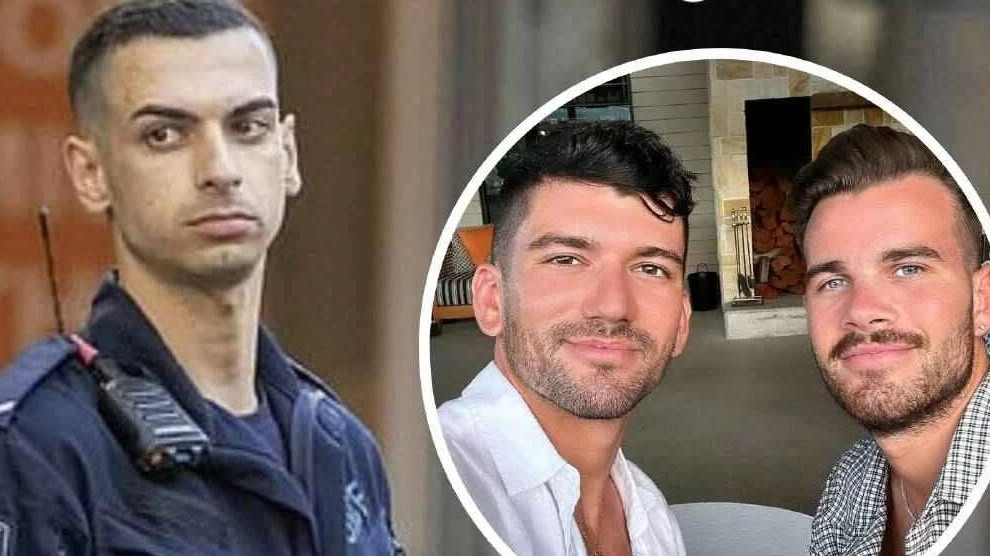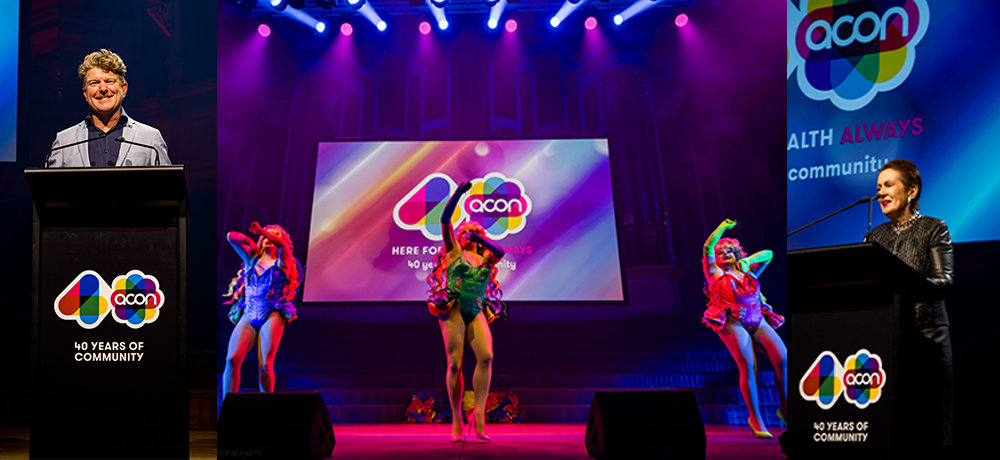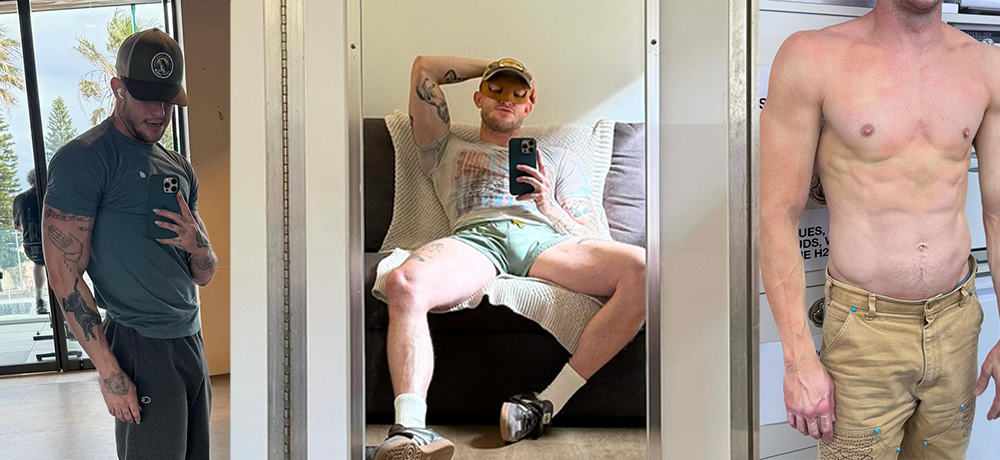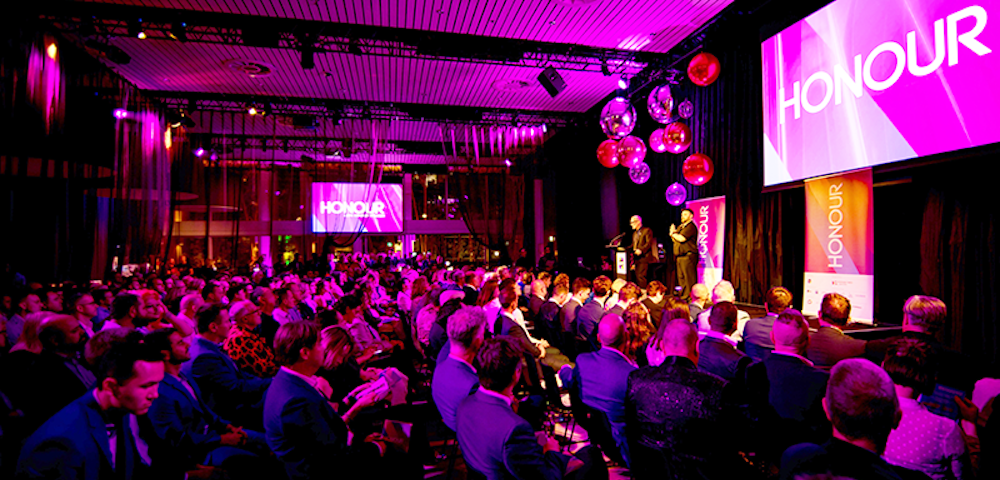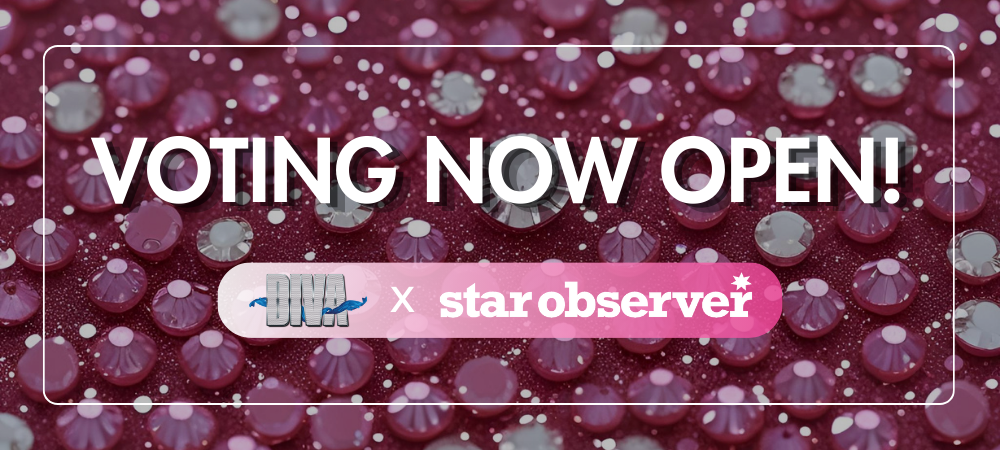
Why can’t we all get along
Christos Tsiolkas’s acclaimed novels aren’t very forgiving of Australia’s claims of tolerance, or indeed forgiving of any culture. Tsiolkas was therefore the natural choice to write about tolerance for the Sydney PEN Centre’s current lecture series.
In his essay, tolerance in current Australia has changed but not necessarily improved on the wog mocking, gay and trannie bashing depicted in his novel Loaded that became the controversial film Head On.
The promise of liberalism, Tsiolkas said, was reflected in the numerous opinion articles published about the way tolerance is a staple in Christian-Judaic societies.
“At the same time we then have other rhetoric, that we’re not going to tolerate those who don’t conform to certain views of what it is to be Australian,” Tsiolkas said.
The new Australian citizenship test is firmly in his sights as part of the failed “clash of cultures” logic that criticises Islam for patriarchal and homophobic views.
“If that was the test of citizenship when my mum and dad arrived from Greece, they would not have been allowed in the country. The notion that girls get an education was not something I grew up with,” he said.
“Tolerance is such a slippery concept. I have no problems saying I think the burka is sexist. I have no problems with saying ‘I’m homosexual and demand these rights’ in the culture and nation that I grew up in.”
Although Tsiolkas rejected the Greek Orthodox Church he grew up with, he still sees marriage as a valid religious institution – with tolerance going both ways.
Before we damn an entire people or minority, like refugees and boat people, Tsiolkas wanted the public to ask the question of why these people were fleeing or behaving the way they do.
“Growing up in a Greek culture doesn’t mean I accepted everything to do with the Greek culture,” he said. “I felt I could argue against it quite passionately, because I grew up in the environment.”
But Tsiolkas worries that at the moment Australia can question the values and tolerance of every other culture except its own – which is really a form of nationalism.
“We’re dealing in absolutes. It’s when a Liberal Government or Labor in opposition says this thing is Australian and this thing is unAustralian,” he said.
Since the collapse of communism in the 1980s, there was a vacuum in counter-cultural thinking, he said, and now people concerned with the world are dismissed as “elites”.
“I see the use of the elite as having parallels with the use of the word ‘battler’. So we no longer talk about working class people, we talk about battlers, but Kerry Packer’s a battler,” he said.
“So anyone whose opinions you disagree with becomes an elite, anyone whose opinions you agree with becomes a battler. That’s a really silly and sometimes dangerous confusion in politics.”
Christos Tsiolkas will discuss tolerance with David Marr as the final event in Sydney PEN’s 3 Writers Project held at the Australian Hall, 150 Elizabeth St, on 14 November, 6pm. Tickets from $12 via MCA ticketing on 1300 306 776 or www.mca-tix.com.




